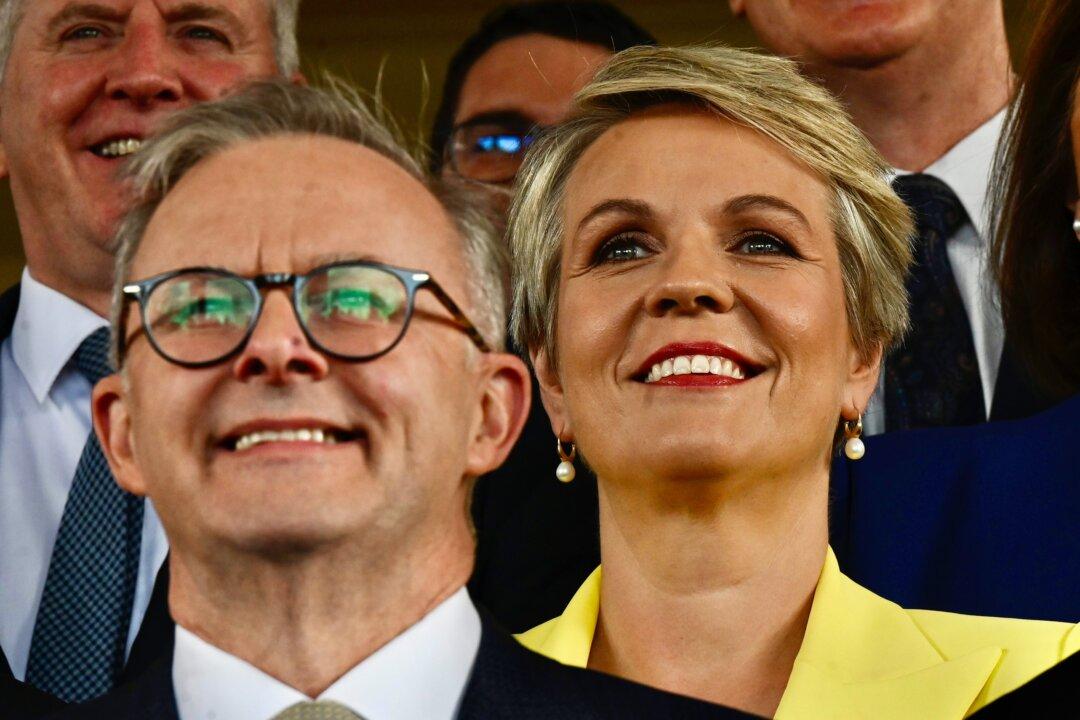As Parliament prepares for its final session starting from Feb. 4 before the next election, Foreign Minister Penny Wong has confirmed that the federal government will not be proceeding with the contentious Nature Positive Laws.
“We have to look again at how we approach this issue, including with all stakeholders. And I have no doubt minister Plibersek (Environment Minister) will do that,” Wong said.





